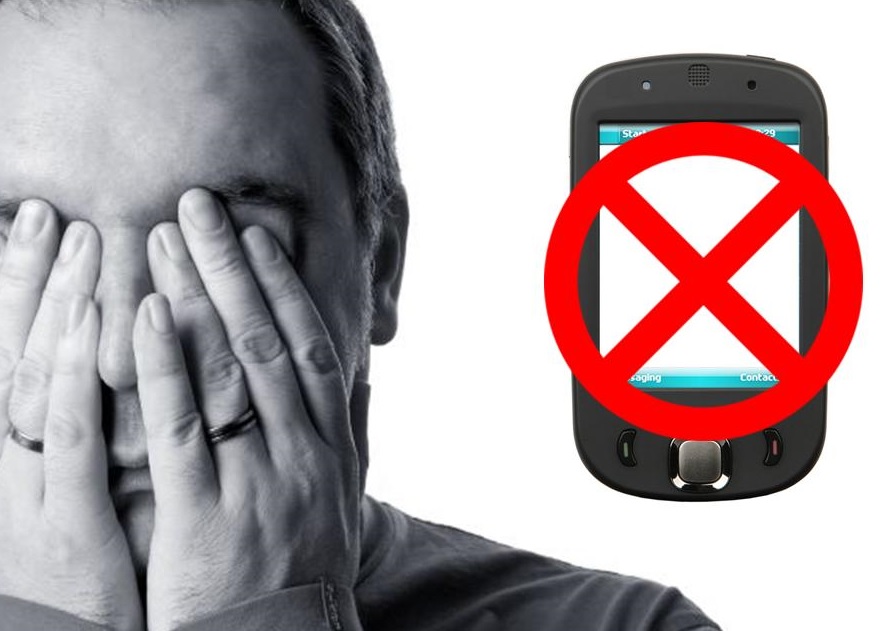Amazon, the leading retail sight among American consumers, has seen tremendous traffic increases.
According to a recent comScore analysis, the leading online retail store in the United States, Amazon, has increased its site’s visitor access by 42.9 million visitors exclusively over smartphones and tablets, over the month of June, alone.
This suggests that over one quarter of the shoppers at Amazon are shopping over these portable devices.
Among all of the 143.9 million people who made up the total digital audience at Amazon, a whopping 29 percent were mobile commerce only. When the visitors who visited the site from both desktops and either smartphones or tablets were taken into account, the total mobile audience was greater than that of the audience that used desktops exclusively.
It is important to note that Amazon isn’t even a leader in terms of the size of its mobile commerce audience.
 The massive online retailer is not one of the largest mobile commerce only audiences in terms of their percentages (that is, as a percentage of their total audience). For example, Target had a mobile only audience of 37 percent, and Ticketmaster boasted 39 percent. Those were the second and first place companies, respectively. In third place was Best Buy, which had a mobile commerce only audience of 35 percent.
The massive online retailer is not one of the largest mobile commerce only audiences in terms of their percentages (that is, as a percentage of their total audience). For example, Target had a mobile only audience of 37 percent, and Ticketmaster boasted 39 percent. Those were the second and first place companies, respectively. In third place was Best Buy, which had a mobile commerce only audience of 35 percent.
At the same time, other online retailers did not enjoy exactly this degree of boost from mobile commerce, however for all of the sites that were considered in the study, smartphones and tablets remained an important driver for what look to be incremental visits. This helps to better illustrate precisely how important the smartphone and tablet optimized shopping experience has already become.
It has been speculated that Amazon may have opened its Amazon Associates program to app developers in order to help to better capitalize on its mobile commerce strength. This will give developers the opportunity to advertise on their apps and link to actual Amazon products, earning themselves a cut of any sales that are made as a result. This could help to place the online retailer in direct and powerful competition with Google and Facebook.

 The latest survey was commissioned by AppRiver, which is a security analyst firm. This research found that among the respondents, 42 percent brought their mobile gadgets with them to the beach when they were on vacation, and that one fifth of them used their devices for checking their email when they were in bed.
The latest survey was commissioned by AppRiver, which is a security analyst firm. This research found that among the respondents, 42 percent brought their mobile gadgets with them to the beach when they were on vacation, and that one fifth of them used their devices for checking their email when they were in bed.